The impact of Russia sanctions on London house prices
Oligarchs tipped to ‘flee’ the market amid plans to seize properties owned by Russians with Kremlin links
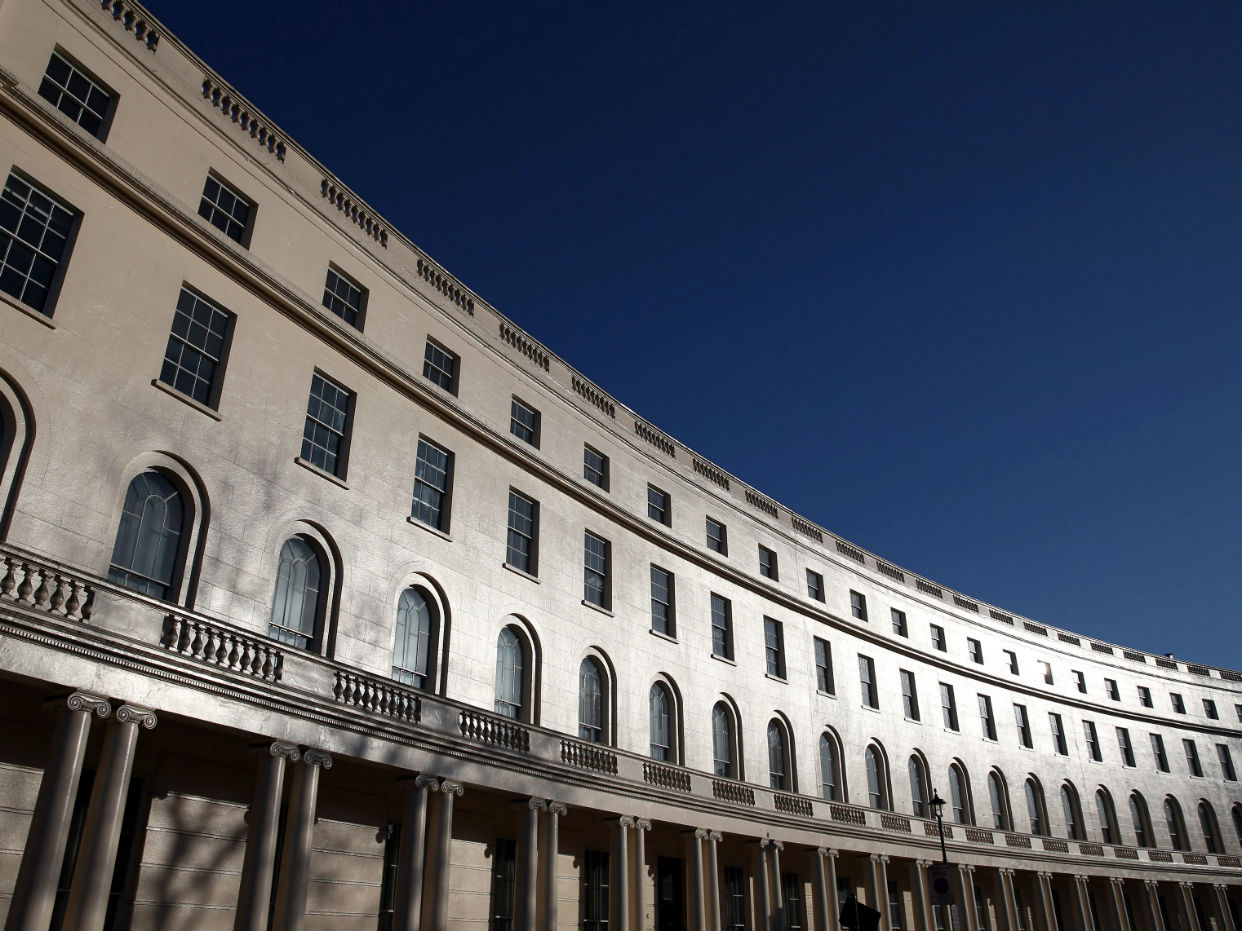
A free daily email with the biggest news stories of the day – and the best features from TheWeek.com
You are now subscribed
Your newsletter sign-up was successful
UK sanctions on Moscow oligarchs risk triggering a fall in property prices in London and beyond, analysts have warned.
Some pundits are predicting that wealthy Russians will “flee the property market in a panic” over government plans to seize some of their financial assets, Investment Monitor reported. As the fallout of the Ukraine war spreads, Westminister is proposing to grab the properties of oligarchs with Kremlin links and to reveal opaque holdings through a new register.
The investment news site predicted that “the UK will be slow to sell or seize” the estimated £8bn worth of Russian-owned property, businesses and other assets here, “£1.1bn of which is in London homes”.
The Week
Escape your echo chamber. Get the facts behind the news, plus analysis from multiple perspectives.

Sign up for The Week's Free Newsletters
From our morning news briefing to a weekly Good News Newsletter, get the best of The Week delivered directly to your inbox.
From our morning news briefing to a weekly Good News Newsletter, get the best of The Week delivered directly to your inbox.
All the same, the billionaire owner of Chelsea FC, Roman Abramovich, is looking for buyers for his £150m Kensington mansion and Chelsea flat amid an atmosphere of “panic and uncertainty,” said the London Evening Standard.
In an article for The Spectator, Alex Marsh, editor-at-large at Spear’s wealth management magazine, said that “many high-net worth Russians might now be trying to free up capital by selling houses as sanctions hit”.
‘Ripple effect’
In a further blow to wealthy overseas owners, Home Secretary Priti Patel last month announced plans to scrap the UK’s so-called golden visa scheme in a bid to halt the flow of “dirty money” flooding into the UK from Russia.
The various crackdowns have fuelled speculation about a potential collapse in London property prices. The Telegraph pointed out that the “influx of Russian money was at one stage so large it was said to have fueled a 36.5% rise in central London property prices in 2007”.
A free daily email with the biggest news stories of the day – and the best features from TheWeek.com
However, some experts believe that even a major exodus of Russian money from the London property scene may not have a significant impact. “Russians leaving the UK property market would have no impact whatsoever,” said Edward Heaton, founder and managing partner of national buying agents Heaton & Partners.
Heaton told luxury property journal PrimeResi that although Russians have bought a significant amount of property over the past few decades, they were now “a small minority of buyers”.
Brazil, India and China have plenty of “billionaires with money burning holes in their pockets”, he added.
That assessment was echoed by Geoff Garrett, director of specialist mortgage broker Henry Dannell. He said that although more property might become available if Russians fled, and the “influx of stock is likely to depress prices in what are otherwise exclusive enclaves”, the “downward pressure on prices should be limited”.
But according to Marsh in The Spectator, “historically the capital acts as a bellwether for the rest of the country” and “the depth and breadth of Russian wealth in Britain is considerable”. So “we would be naïve not to expect to feel its absence if it starts to run”, wrote Marsh.
Such an absence could benefit some at the bottom of the housing ladder, however. The snapping up of expensive property has had a “ripple effect”, wrote Rowan Moore, author of Slow Burn City, in an article for The Observer.
“If billionaires buy in Kensington, then slightly less loaded bankers start to look in marginally less expensive districts, where the most successful professionals might be pushed further afield, and so on, until first-time buyers in outer boroughs find that their studio flats are a notch more pricey,” Moore said.
-
 6 of the world’s most accessible destinations
6 of the world’s most accessible destinationsThe Week Recommends Experience all of Berlin, Singapore and Sydney
-
 How the FCC’s ‘equal time’ rule works
How the FCC’s ‘equal time’ rule worksIn the Spotlight The law is at the heart of the Colbert-CBS conflict
-
 What is the endgame in the DHS shutdown?
What is the endgame in the DHS shutdown?Today’s Big Question Democrats want to rein in ICE’s immigration crackdown
-
 UK house prices in 2022: what the experts think
UK house prices in 2022: what the experts thinkfeature Sellers’ market, what next and mortgage matters
-
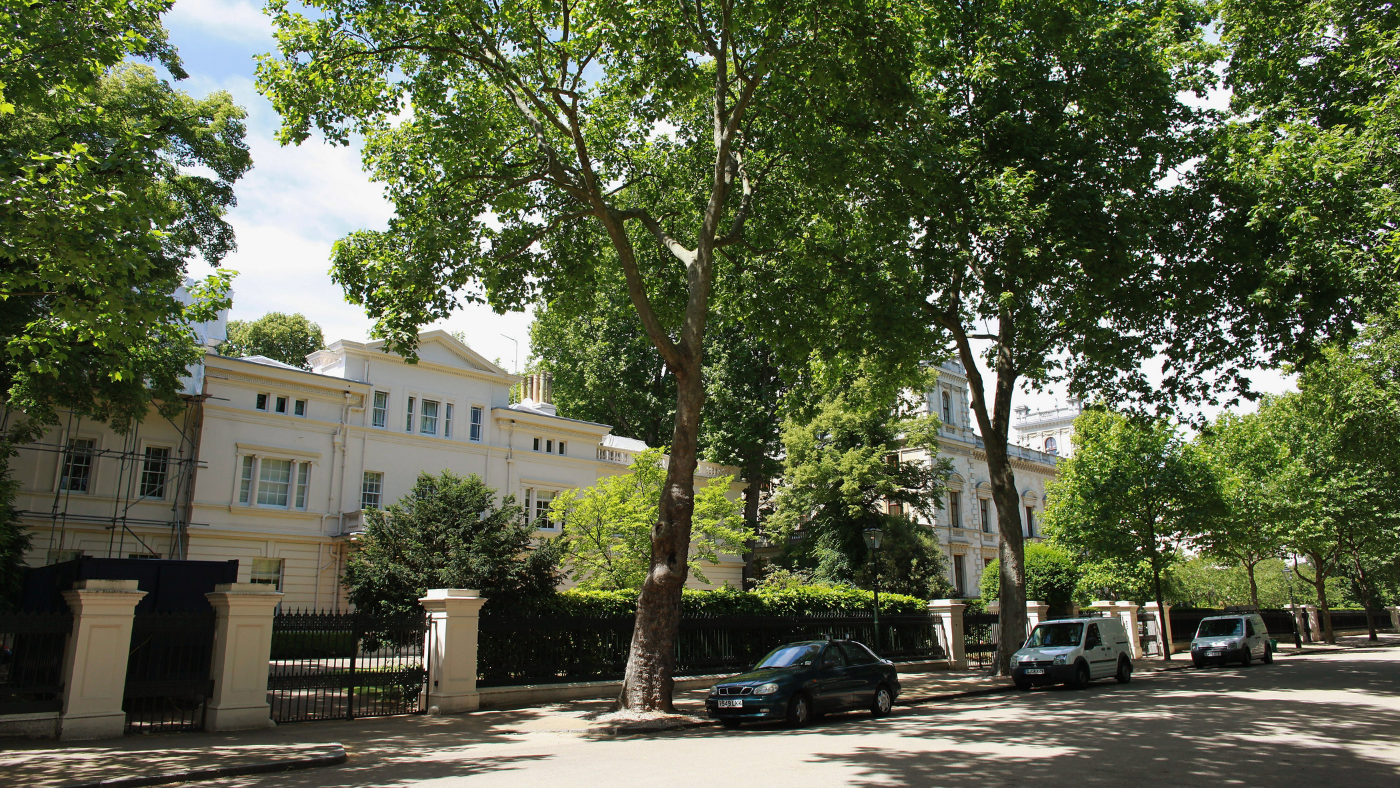 Britain’s most expensive streets
Britain’s most expensive streetsThe Week Recommends New names sneak into list of priciest roads
-
 House price predictions: best time to buy or sell in 2020
House price predictions: best time to buy or sell in 2020In Depth Brexit still creating uncertainty but prices set for a Boris-induced spring boost
-
 London house prices: new pollution hotspot website threatens to push down values
London house prices: new pollution hotspot website threatens to push down valuesSpeed Read Buyers encouraged to ask for major discounts in areas with dirtiest air
-
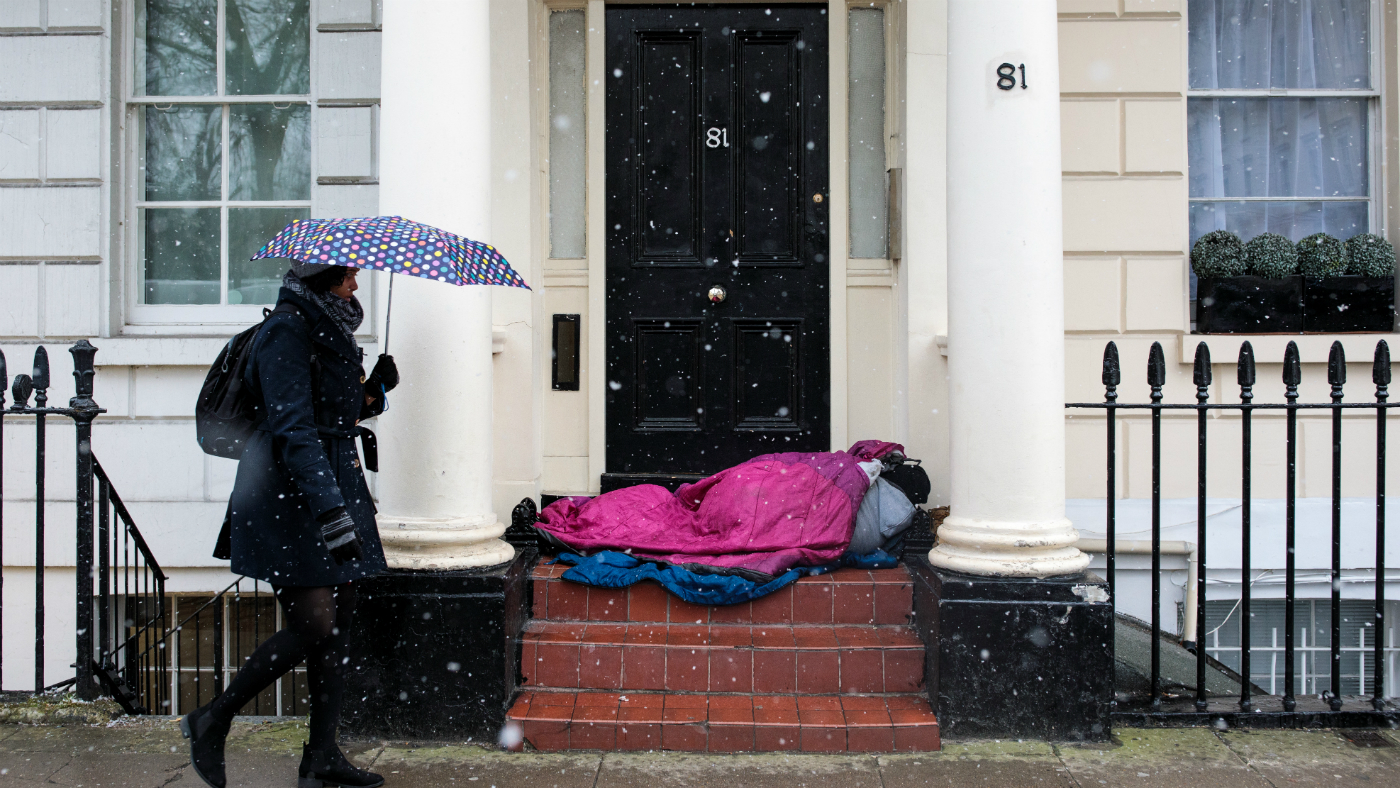 London landlords are paid £14m to house homeless people
London landlords are paid £14m to house homeless peopleSpeed Read Nearly 6,000 payments were made last year amid cuts to social housing
-
 London house prices: the boroughs rising and falling
London house prices: the boroughs rising and fallingSpeed Read Largest annual increases are in Croydon, while Westminster suffers ‘thumping’ drop
-
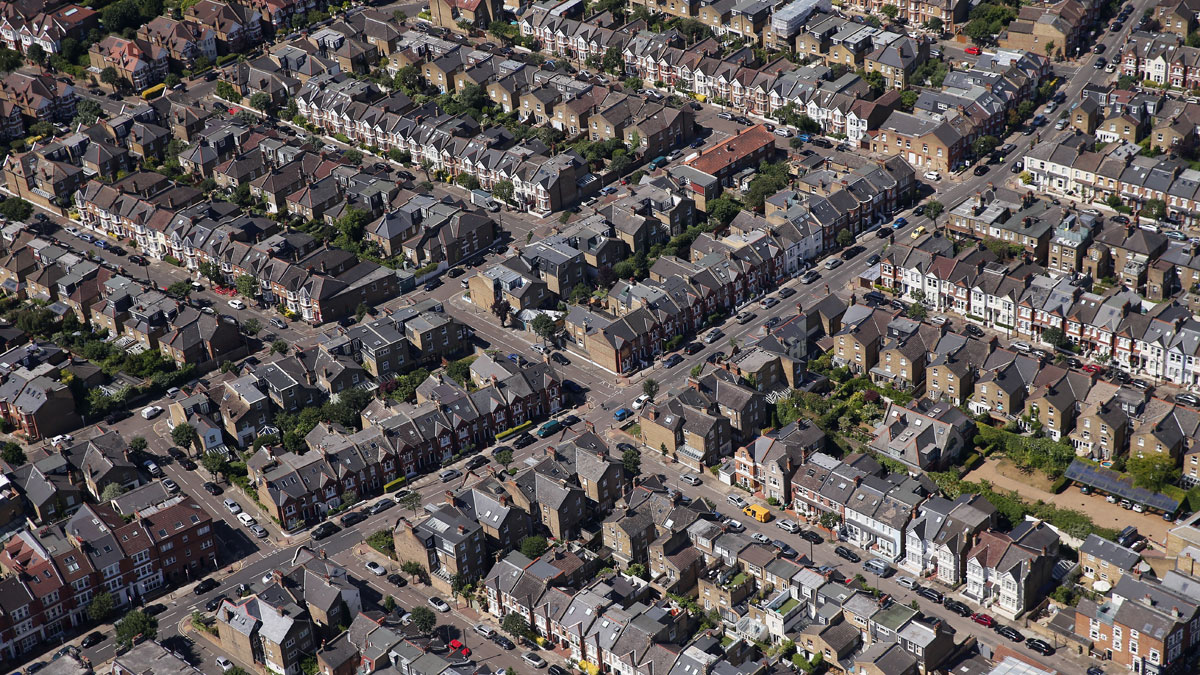 London house prices explained in five charts
London house prices explained in five chartsIn Depth The value of homes in the capital is falling after years of annual growth
-
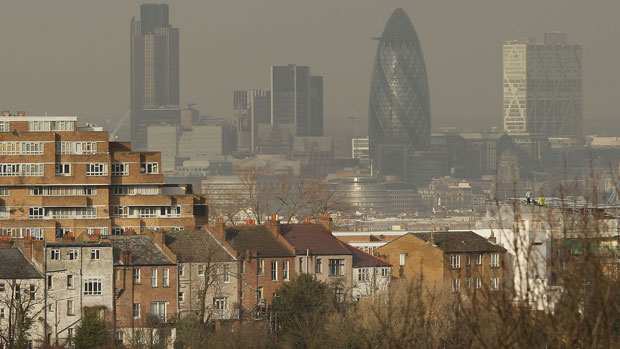 Is post-Brexit bounce here to stay?
Is post-Brexit bounce here to stay?In Depth